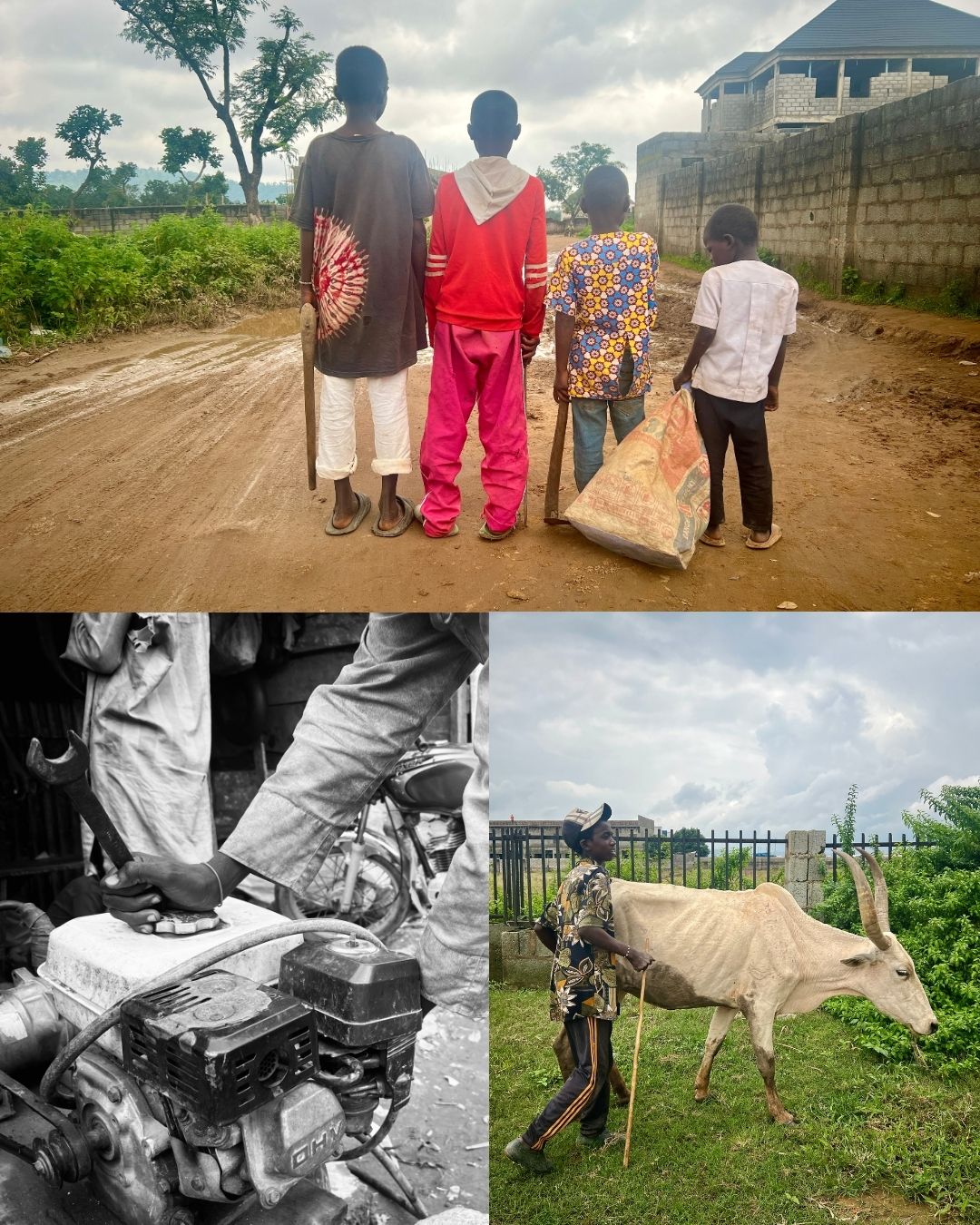Photo Essay: How Do Out-of-School Children In Nigeria’s FCT Spend Their Days?
The rural settlements where they are found present a stark contrast to the well-paved roads and affluent neighbourhoods nearby. These images capture the reality of how out-of-school children are often forced by circumstance into activities such as street begging, mechanic work, and cattle rearing— leaving their potential tragically stifled.
Nigeria has an alarming problem of out-of-school children, with one in every five such children globally residing in the country. Poverty and insecurity are the primary drivers of this crisis. Although primary education is constitutionally free and compulsory in Nigeria, UNICEF reports that about 10.5 million of the country’s children aged 5-14 years are not in school.
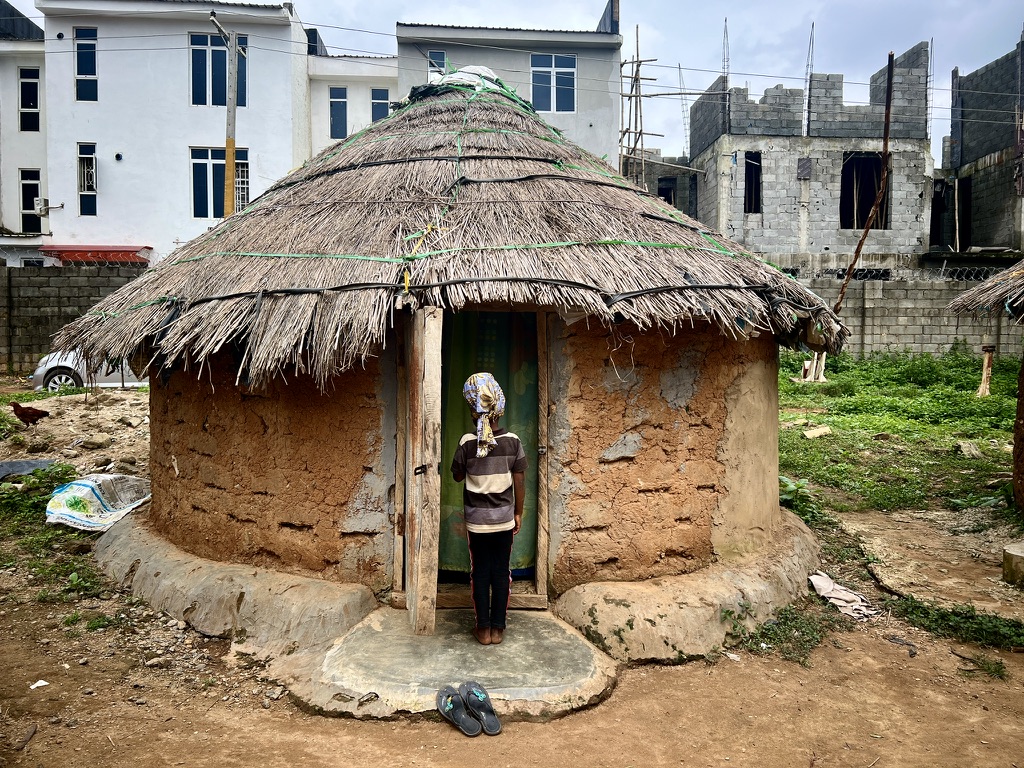
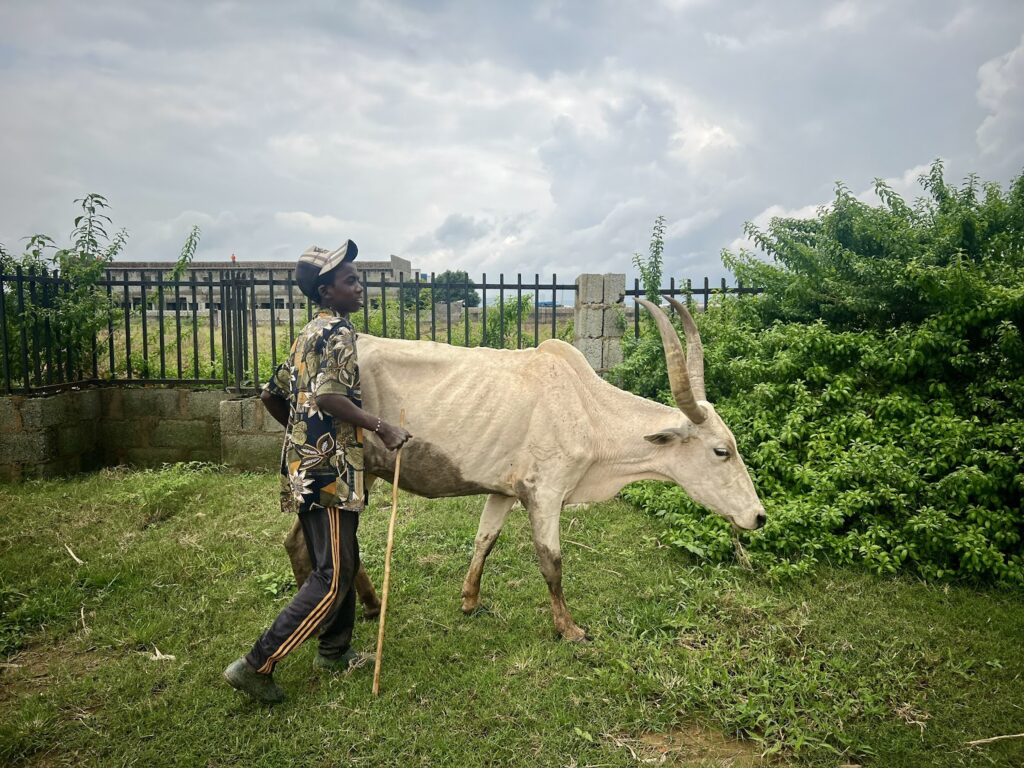
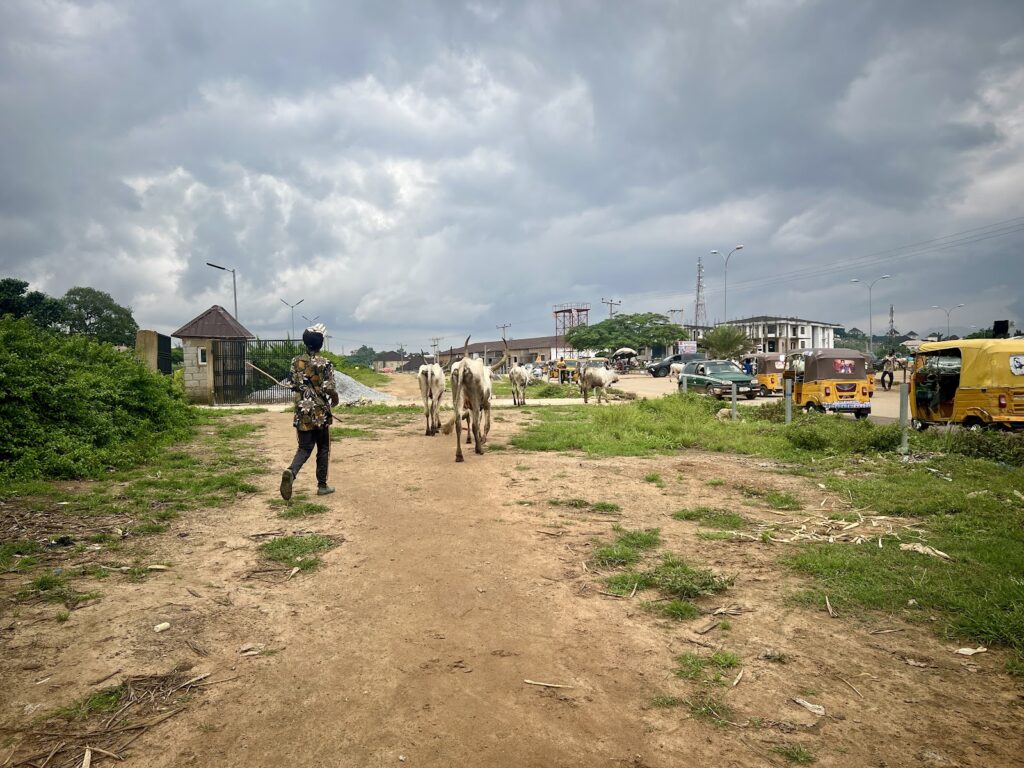
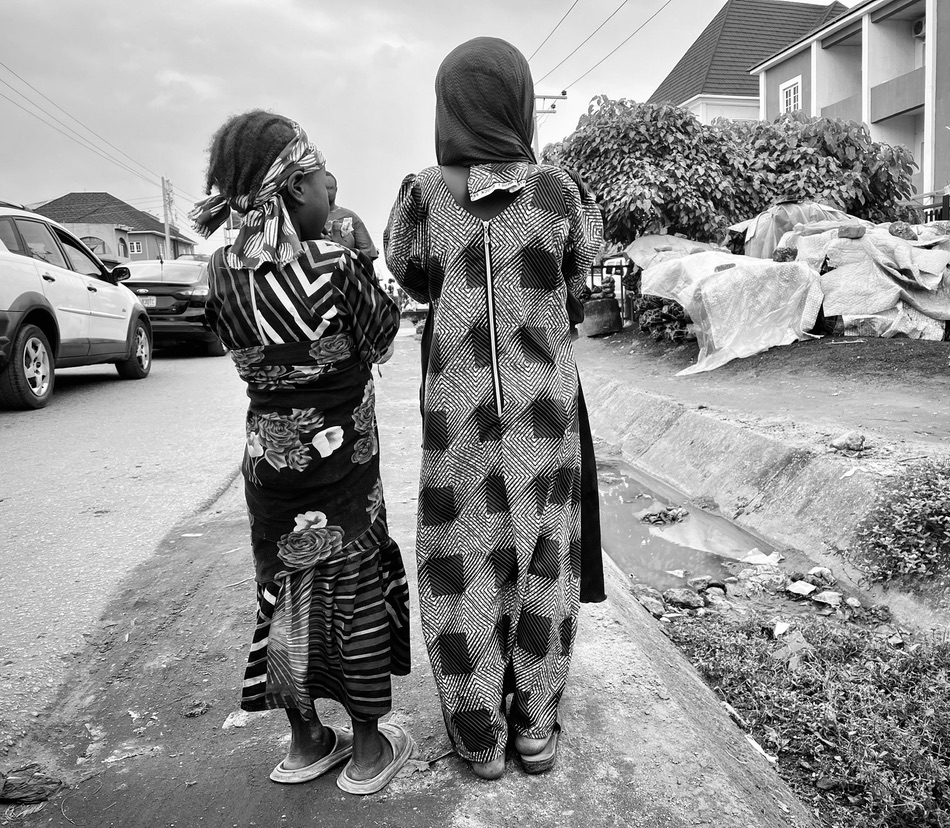
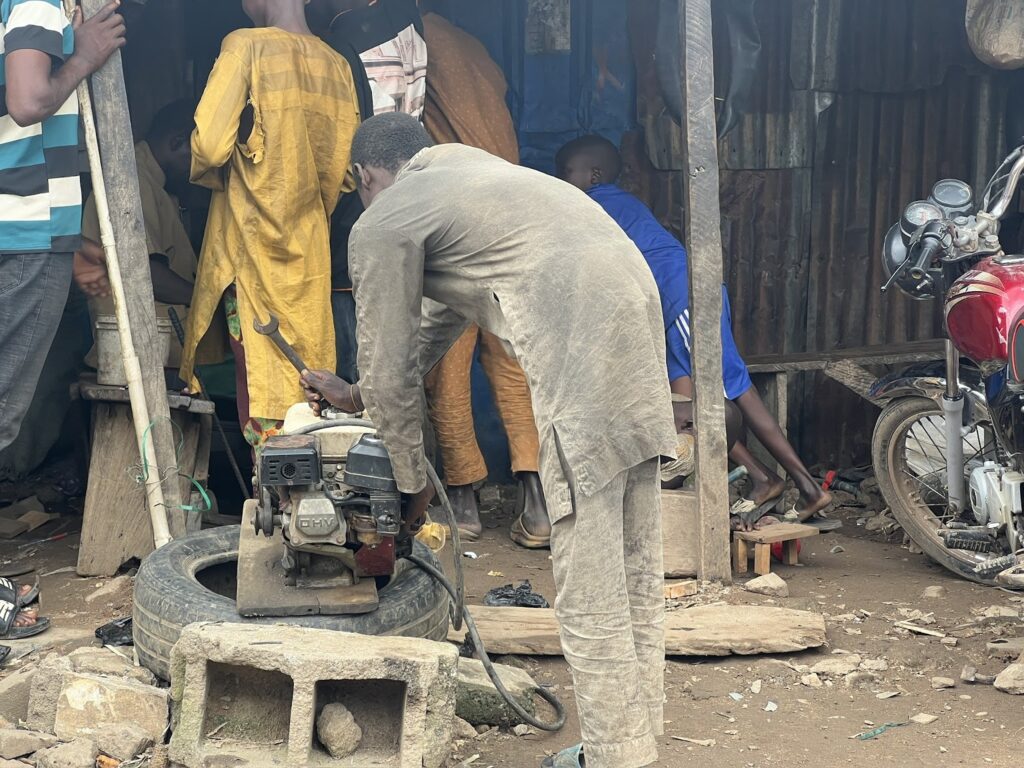
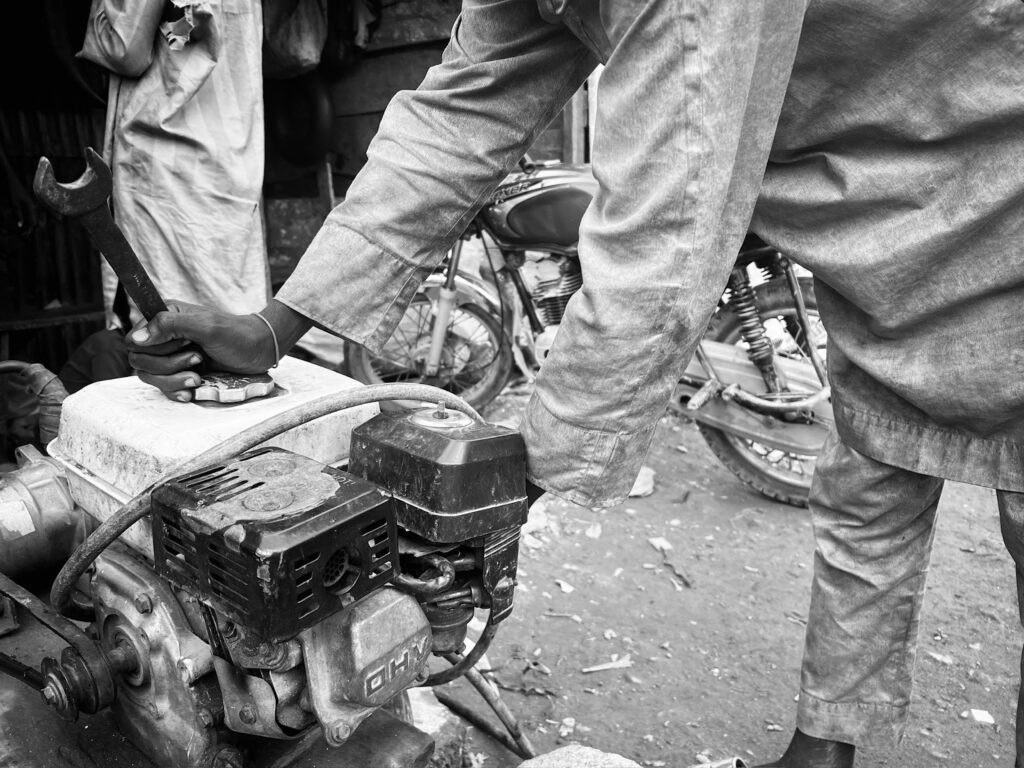
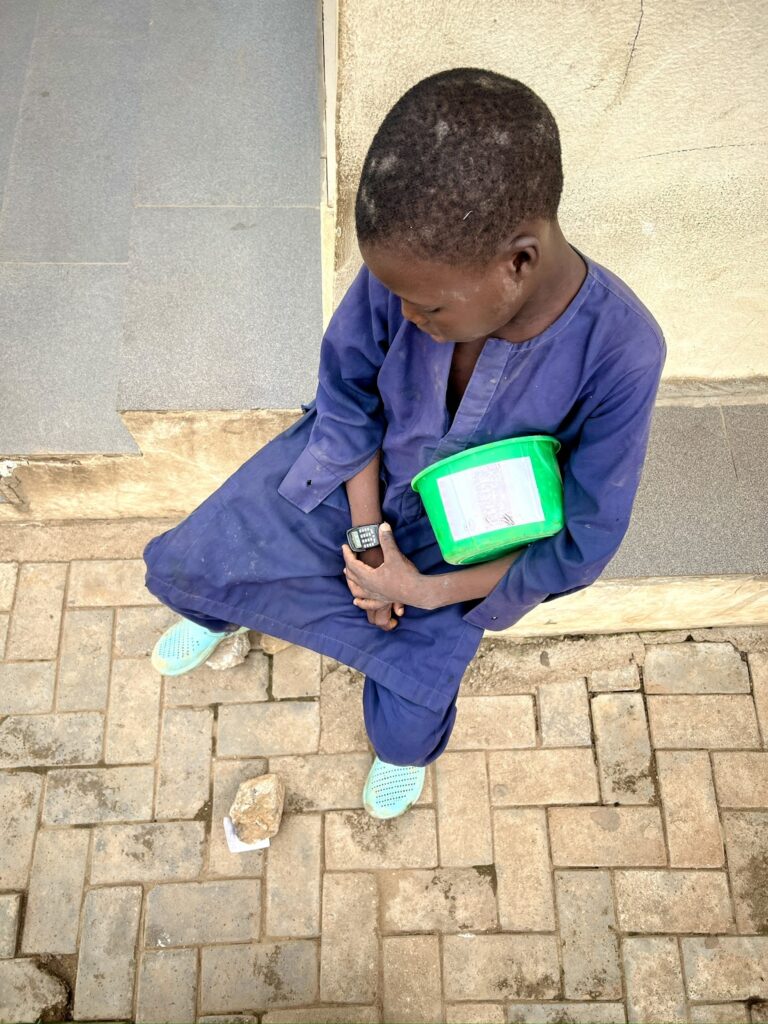
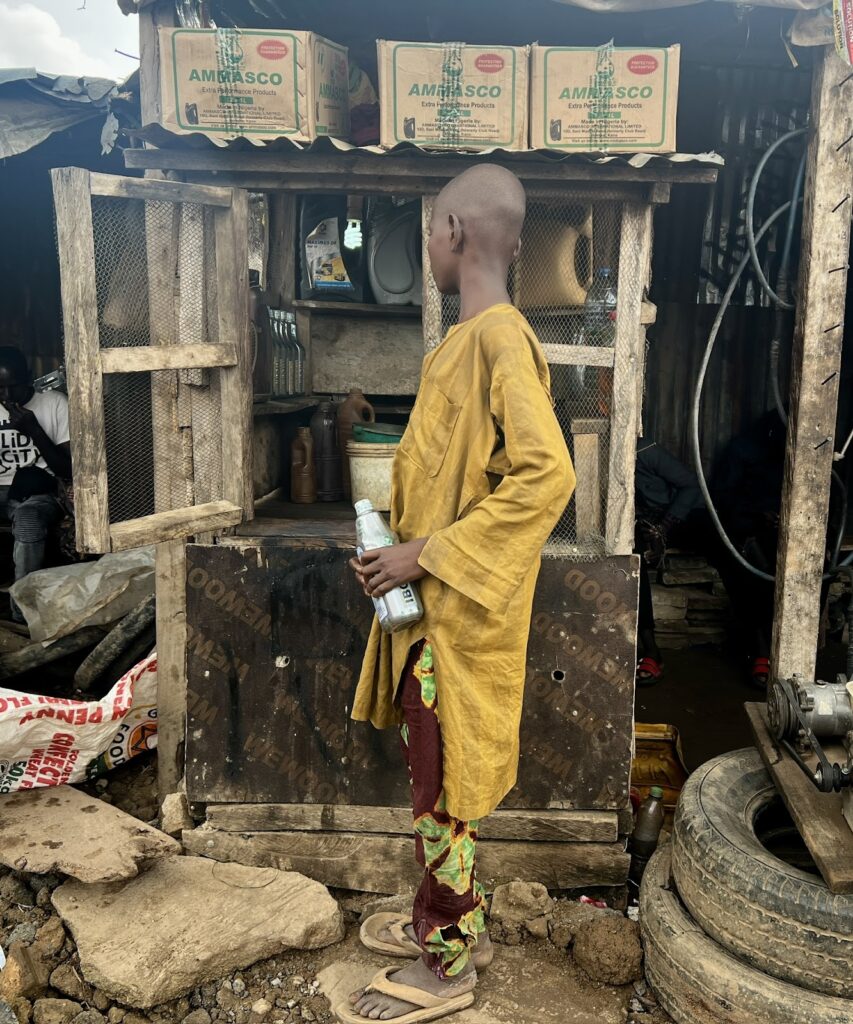
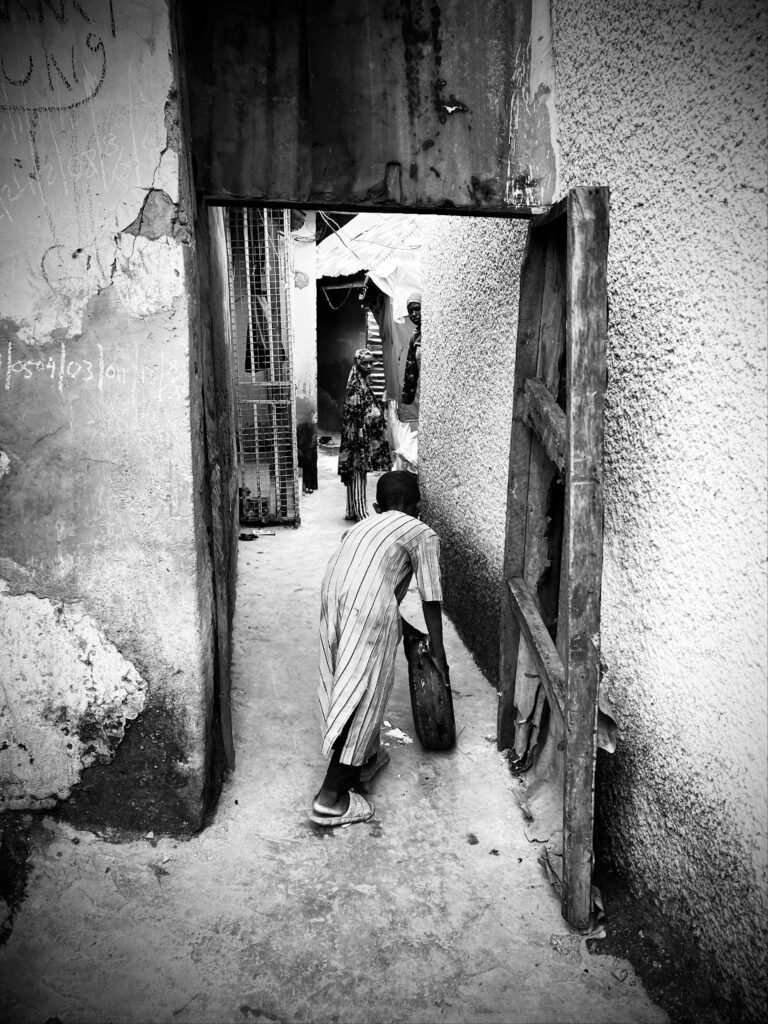
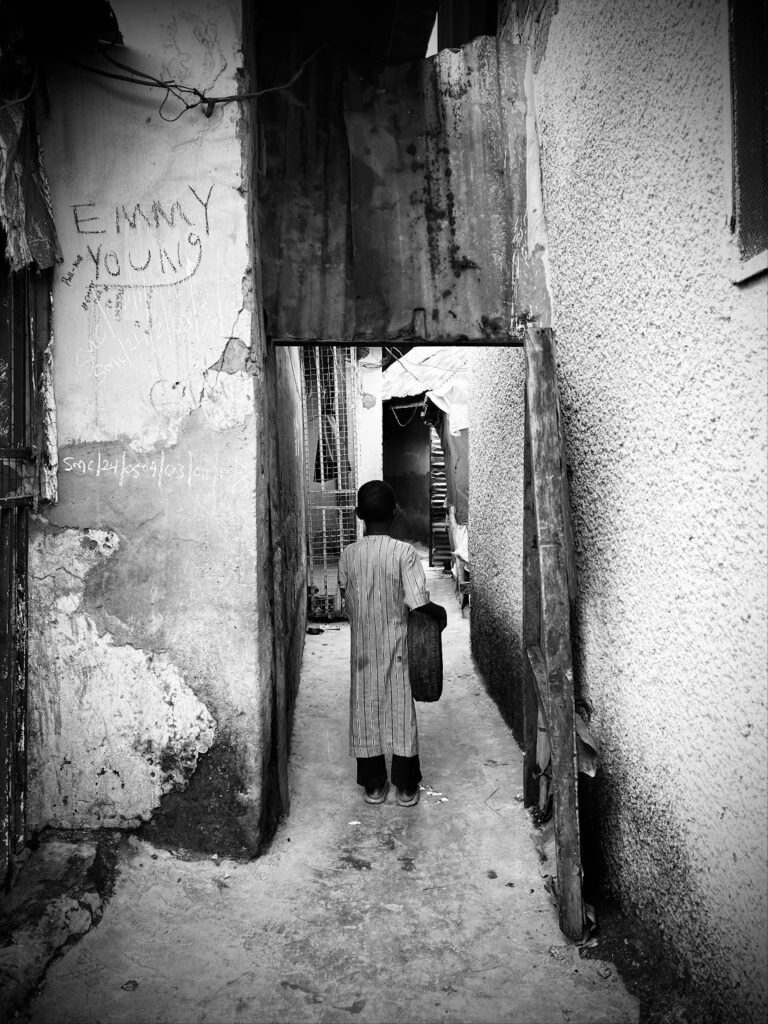
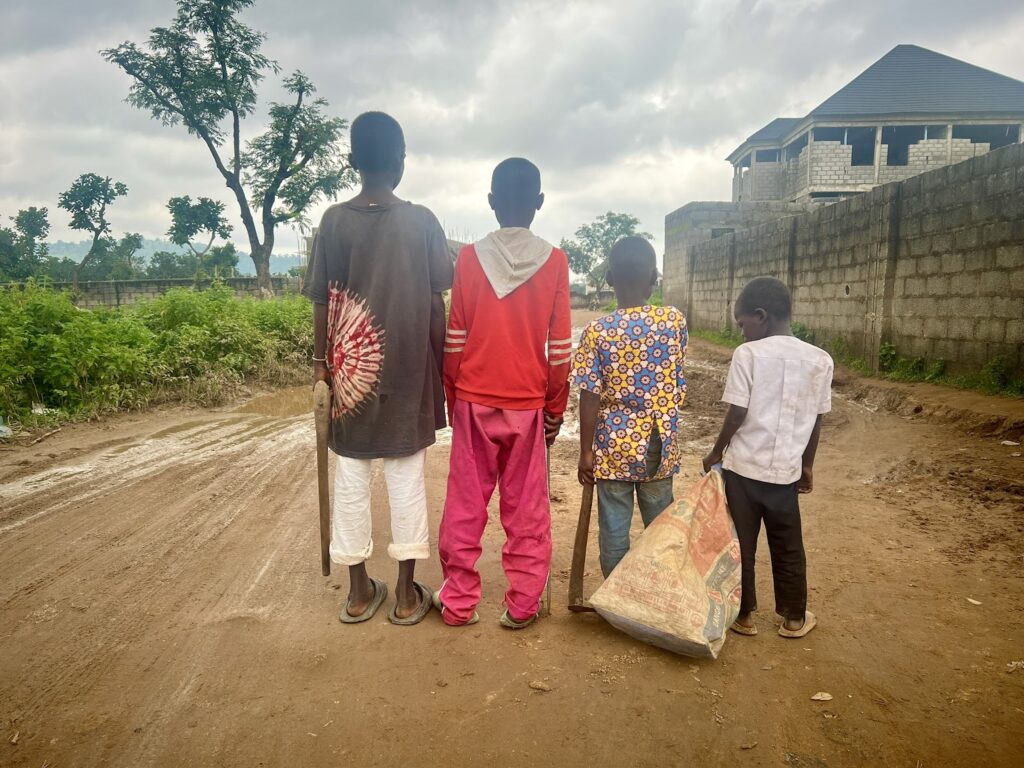
As we confront the out-of-school problem in Nigeria, it becomes clear that bridging the gap between thriving urban centers and the neglected rural areas is crucial.
Summary not available.
Support Our Journalism
There are millions of ordinary people affected by conflict in Africa whose stories are missing in the mainstream media. HumAngle is determined to tell those challenging and under-reported stories, hoping that the people impacted by these conflicts will find the safety and security they deserve.
To ensure that we continue to provide public service coverage, we have a small favour to ask you. We want you to be part of our journalistic endeavour by contributing a token to us.
Your donation will further promote a robust, free, and independent media.
Donate HereStay Closer To The Stories That Matter

